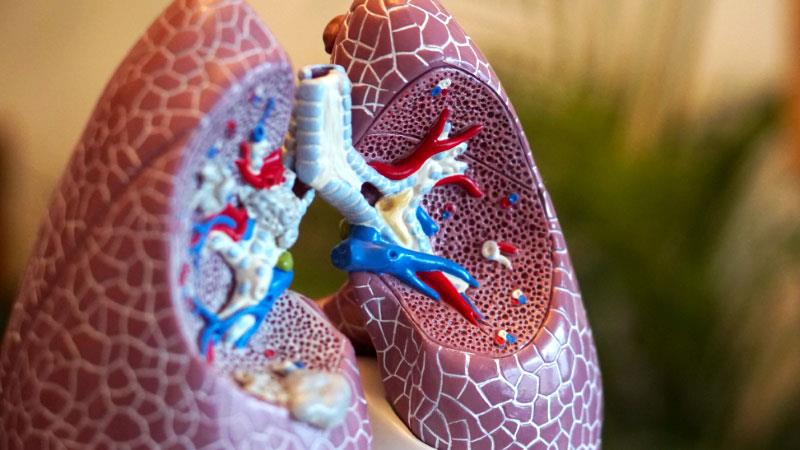COVID-19 vaccine study for pregnant women launches in the West Midlands
Published on 23/08/2021
A new clinical study, investigating the best gap between first and second COVID-19 vaccine doses for pregnant women, is now open to recruitment.
The Preg-CoV study, supported by the National Institute for Health Research, will recruit patients at Trusts across the country, including UHB.
Led by St George’s, University of London, the study will provide vital clinical trial data on the immune response to vaccination at different dose intervals - either four to six weeks or eight to 12 weeks. This data will build on current real-world evidence that shows the vaccines are safe and effective for expectant mothers.
Pregnant women are more likely to develop severe COVID-19 or die from the disease, but are excluded from clinical trials with new vaccines. This means there is currently very limited clinical trial data on the immune response and side effects caused by the vaccines for these women.
Professor Matthew Brookes, Clinical Director of the NIHR Clinical Research Network West Midlands said:
“It’s important to stress that trial participants will be receiving an approved vaccine and as a result of taking part will receive extra medical attention throughout their pregnancy. They will be doing an amazing thing to help protect themselves, their babies and others from COVID-19.”
The trial will involve over 600 pregnant women being vaccinated with either the Pfizer/BioNTech or the Moderna vaccine. They will be closely monitored by health professionals throughout their pregnancy and following the birth.
To date, over 52,000 pregnant women in England have now been vaccinated with no safety concerns raised.
Recent data published last week by NHS England and the University of Oxford shows no pregnant women who have had both doses of a vaccine have been admitted to hospital with COVID-19. Only three have been admitted after having their first dose, meaning 99% of those admitted to hospital have not received a jab.
The Preg-CoV participants will need to be between 18 and 44-years-old, be generally healthy and be between 13 and 34 weeks pregnant on the day of vaccination. They will receive two doses of a COVID-19 vaccine (or one dose if they’ve already had their first) at either the shorter interval of four to six weeks, or the longer interval of eight to 12 weeks.


